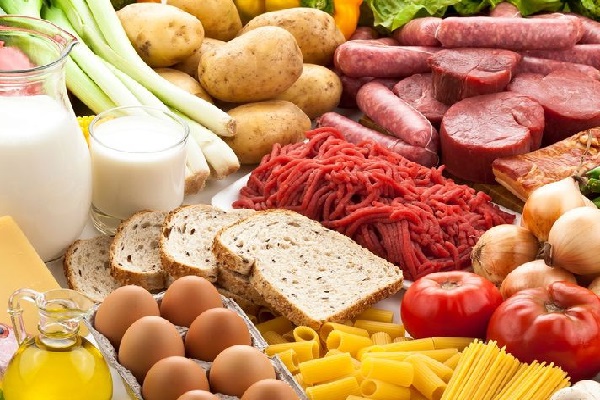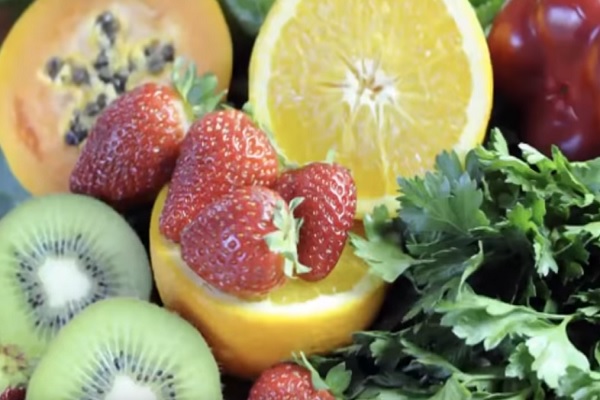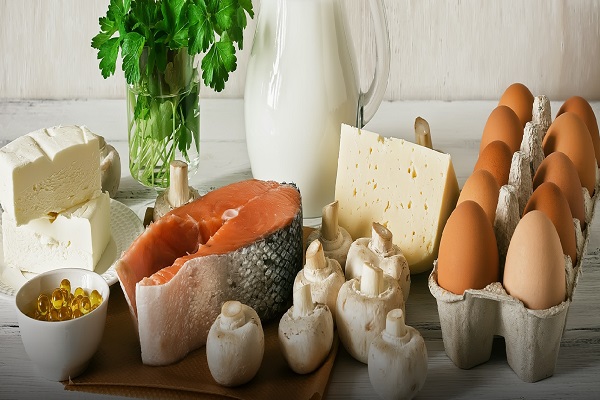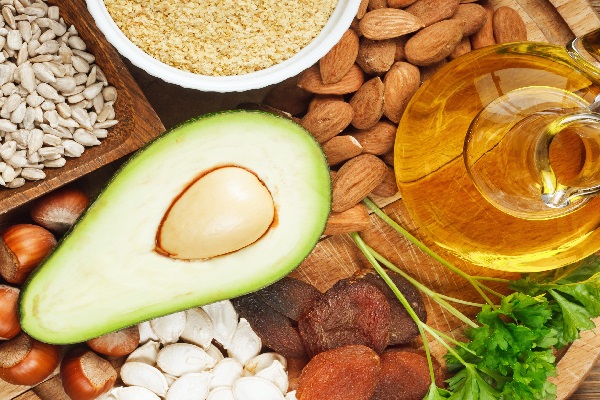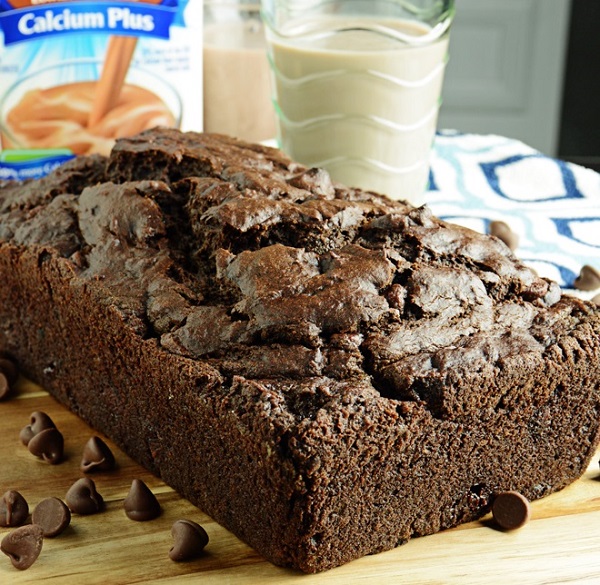
Breastfeeding is the best way to feed your baby. It provides them with all the nutrients they need for their health and development. However, some mothers may find that their milk supply is low. There are a number of things that can affect milk supply, including diet, stress, and medications. Eating certain foods can help to increase the milk supply and these foods are known as lactogenic foods. Here are ten of the best foods that will help your body increase breast milk…
Dark leafy green vegetables
Dark leafy green vegetables are a great source of nutrients that are essential for milk production, such as calcium, iron, and vitamin C. Calcium is important for the production of prolactin, a hormone that stimulates milk production. Iron is important for the production of hemoglobin, which carries oxygen to the breast tissue. Vitamin C is an antioxidant that helps to protect breast tissue from damage.
Whole grains
Whole grains are a good source of fibre, which is important for breastfeeding mothers. Fibre helps to keep you feeling full, which can help to prevent overeating and weight gain. It also helps to regulate blood sugar levels, which can help to prevent fatigue. In addition to fibre, whole grains are also a good source of iron, which is essential for milk production. Iron helps to carry oxygen to the breast tissue, which is necessary for the production of milk. Whole grains are also a good source of B vitamins, which are important for energy production and metabolism. B vitamins are also important for the health of the nervous system and the immune system.

Lean protein
Lean protein is essential for milk production. It helps to build and repair tissues, which is important for milk production. Protein is also a source of energy, which is needed to produce milk. It is important to note that not all proteins are created equal. Some proteins are higher in fat and calories than others. It is important to choose lean protein sources that are lower in fat and calories. If you are breastfeeding, it is important to eat about 1.1 grams of protein per kilogram of body weight each day. This is about 71 grams of protein for a woman who weighs 150 pounds.
Fruits
Fruits are a great source of vitamins, minerals, and antioxidants, all of which are beneficial for breastfeeding mothers and their babies. Some fruits, such as fenugreek, are also known to help increase milk supply.
Here are some of the benefits of fruits for breastfeeding mothers:
- Fruits are a good source of water, which is important for staying hydrated.
- Fruits are a good source of fiber, which can help to prevent constipation.
- Fruits are a good source of vitamins and minerals, which are important for both the mother and the baby.
- Some fruits, such as fenugreek, are known to help increase milk supply.
Nuts and seeds
Nuts and seeds are a great source of healthy fats, protein, and fiber. They are also a good source of vitamins and minerals, including calcium, iron, and magnesium. These nutrients are essential for milk production. In addition to their nutritional value, nuts and seeds have also been shown to help increase milk supply. This is likely due to their high levels of phytoestrogens, which are plant-based compounds that have a similar structure to estrogen. Estrogen is a hormone that plays a role in milk production.
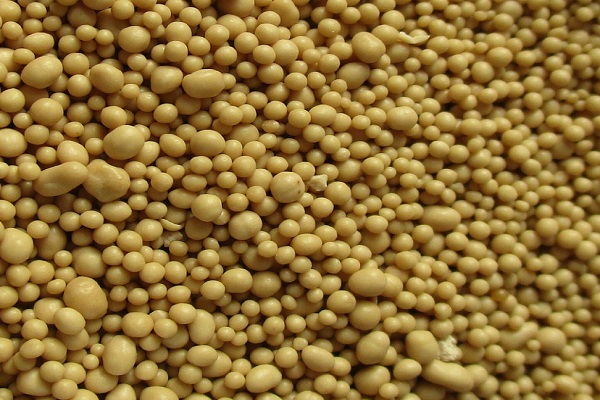
Brewer’s Yeast
Brewer’s yeast is often recommended to nursing mothers as a natural way to increase breast milk production. Brewer’s yeast is a type of fungus that is rich in B vitamins, particularly vitamin B12, which is essential for maintaining healthy nerve cells and red blood cells. It also contains trace amounts of minerals like iron and zinc, which are important for overall health. Additionally, brewer’s yeast is believed to stimulate the production of prolactin, a hormone that plays a key role in lactation. When taken regularly, brewer’s yeast can help nursing mothers increase their milk supply, leading to better nourishment for their babies. It is important to note that while brewer’s yeast is generally safe and well-tolerated, nursing mothers should consult with their healthcare provider before using it to ensure it is safe for their individual situation.
Legumes
Legumes are a great source of protein, fibre and iron. They are also a good source of vitamins and minerals, including calcium, magnesium, and potassium. These nutrients are essential for milk production. In addition to their nutritional value, legumes have also been shown to help increase milk supply. This is likely due to their high levels of phytoestrogens, which are plant-based compounds that have a similar structure to estrogen. Estrogen is a hormone that plays a role in milk production.

Fish
Fish is a great source of protein, omega-3 fatty acids, and other nutrients that are essential for milk production. Omega-3 fatty acids are especially important for milk production, as they help to increase the production of prolactin, a hormone that stimulates milk production. Some good choices of fish for breastfeeding mothers include: Salmon, Sardines, Tuna, Mackerel & Trout.
Spices
For centuries, spices have been used for their medicinal properties. Some spices, such as fenugreek, have been shown to help increase breast milk production. Fenugreek is a herb that has been used for centuries to increase breast milk production. It is thought to work by increasing the levels of prolactin, a hormone that stimulates milk production. Fenugreek can be taken in capsule form or added to food. Other spices that may help increase breast milk production include: Anise, Cumin, Fennel and Oregano
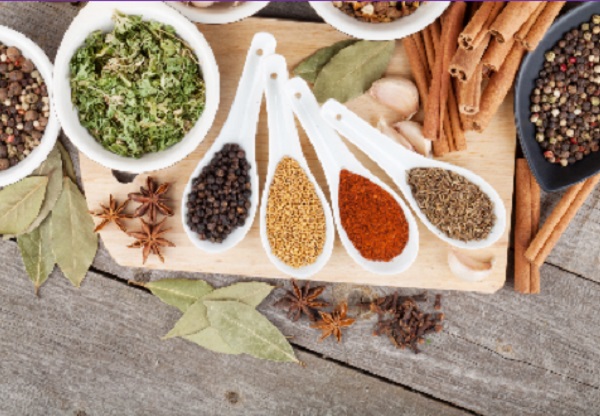
Herbs
Much like spices herbs have been used for centuries to help with a variety of health conditions, including increasing breast milk production. Some of the most common herbs used for this purpose include:
- Fenugreek: Fenugreek is a herb that has been used for centuries to increase breast milk production. It is thought to work by increasing the levels of prolactin, a hormone that stimulates milk production. Fenugreek can be taken in capsule form or added to food.
- Blessed thistle: Blessed thistle is a herb that has been used for centuries to increase breast milk production. It is thought to work by increasing the flow of blood to the breasts, which can help to increase milk production. Blessed thistle can be taken in capsule form or added to food.
- Goat’s rue: Goat’s rue is a herb that has been used for centuries to increase breast milk production. It is thought to work by increasing the levels of prolactin, a hormone that stimulates milk production. Goat’s rue can be taken in capsule form or added to food.
- Nettle: Nettle is a herb that is rich in iron, which is an important nutrient for breastfeeding mothers. Nettle can also help to increase milk production by increasing the flow of blood to the breasts. Nettle can be taken in capsule form or added to food.
- Oat straw: Oat straw is a herb that is rich in nutrients that are important for breastfeeding mothers, such as calcium, magnesium, and potassium. Oat straw can also help to increase milk production by increasing the flow of blood to the breasts. Oat straw can be taken in capsule form or added to food.
Additional Information
If you are concerned about your milk supply, talk to your doctor or a lactation consultant. It is also worth noting that there is no one-size-fits-all approach to breastfeeding. What works for one mother may not work for another. If you are struggling with your milk supply, you must talk to your doctor or a lactation consultant. They can help you identify the best way to increase your milk supply and meet your baby’s needs.


